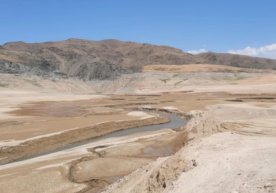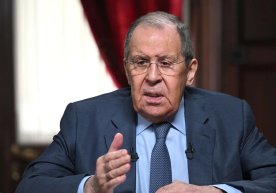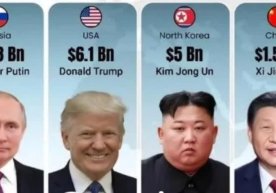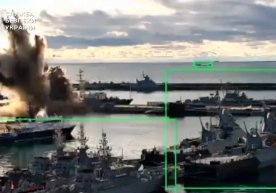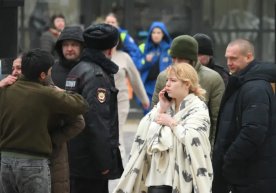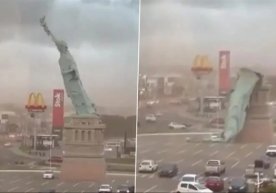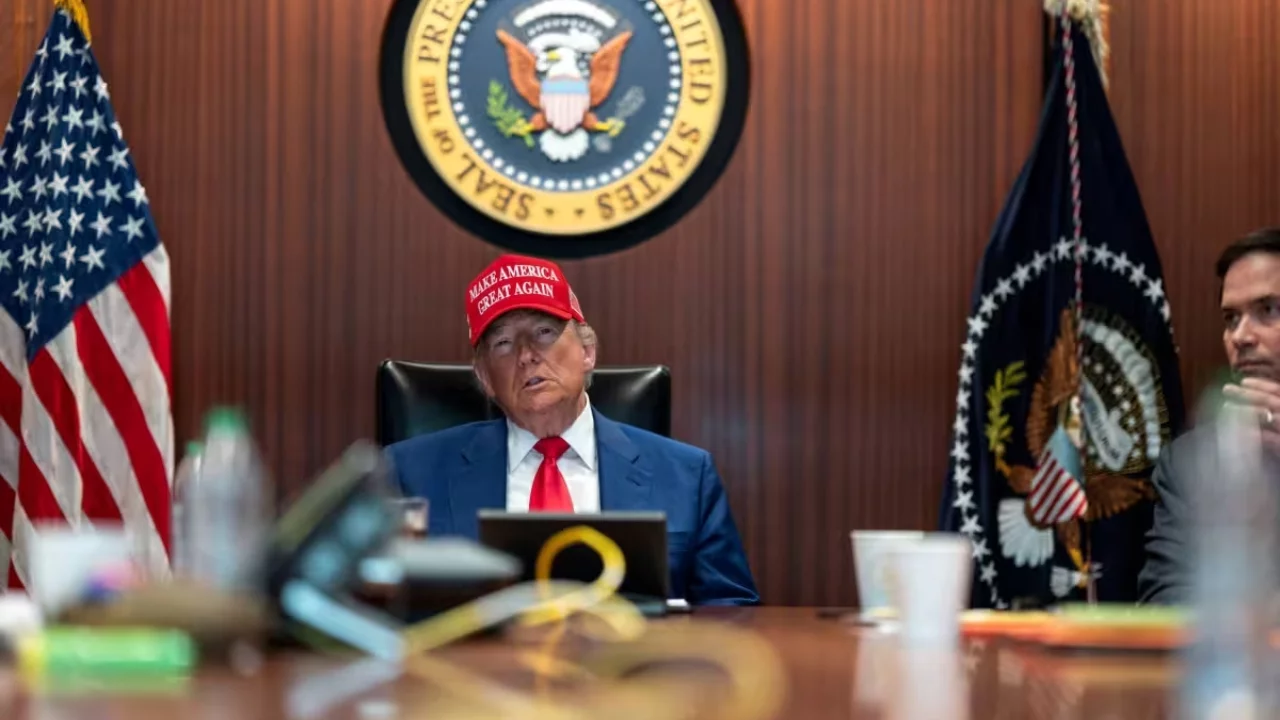
A new tension in the Middle East: The US airstrike on Iran's nuclear facilities has caused unprecedented alarms around the world. This event has sparked high-level political and diplomatic debates, with various leaders and state officials commenting. At the same time, the world’s media and political experts are widely reacting to this development.
Trump – Power and Warning
US President Donald Trump, in his address to Americans, expressed immense gratitude to his army. In his opinion, such a major military operation could only be carried out by the capabilities of the US Army. "We successfully completed the strikes, all planes are returning safely, I congratulate the American military! No other military in the world could do this," he said.
The president also warned that Iran must now choose peace or be ready for even stronger strikes:
"Iran must now choose peace. Otherwise, the next attacks will be even bigger and much easier. There are many more targets... If peace does not come soon, we will destroy them with accuracy, speed, and skill."
Israel – Called a historical turning point
Israeli Prime Minister Benjamin Netanyahu called the event a "historic result" and expressed his gratitude to the US president. "Trump has stopped the most dangerous regime in the world from acquiring the most dangerous weapon," he noted. Netanyahu evaluated the US’s decisive move as an important step for stability in the Middle East.
Iran – Accused of violating international law
Iran's Ministry of Foreign Affairs accused Washington of grossly violating international law and the UN Charter. Iranian officials stated that the US attack on nuclear facilities sets a very dangerous precedent for the international community and called on all states to take this matter seriously. Tehran announced that it will take all measures to protect its sovereignty and interests.
Europe and Britain – Call for diplomacy and negotiations
UK Prime Minister Keir Starmer supported the US’s actions but clearly stated that Iran must not be allowed to possess nuclear weapons. He emphasized that stability in the region is a priority and called for Iran to return to the negotiating table.
"Iran’s nuclear program is a serious threat to international security. Iran must never be allowed to develop nuclear weapons. The US has taken steps to reduce this threat. The situation in the Middle East remains unstable, and stability in the region is our priority. We call on Iran to return to negotiations and find a diplomatic solution to this crisis," said Keir Starmer.
European diplomacy chief Kaja Kallas also wrote about the need for a prompt diplomatic solution:
"Iran must not be allowed to develop nuclear weapons, as this is a threat to international security. I call on all parties to de-escalate, return to the negotiating table, and prevent further escalation. EU foreign ministers will discuss the situation tomorrow."
Japan and Russia – Call for caution
Japanese Prime Minister Shigeru Ishiba considered conflict de-escalation and maintaining stability in the region important:
"Rapid de-escalation is crucial. We are closely and anxiously monitoring the situation there."
Russian Security Council Deputy Chairman Dmitry Medvedev criticized the US:
"The US president who came to power as a peacemaker has now dragged the country into another war."
UN and International Community – Concern and calls for a diplomatic solution
UN Secretary-General António Guterres strongly criticized the use of force by the US. He especially noted the risk of escalation and loss of control, emphasizing that the only solution is diplomacy, and that a military path could lead to catastrophic consequences:
"Today's use of force by the US against Iran deeply concerns me. This further increases dangerous tension in a region already on edge. The situation could quickly spiral out of control, leading to catastrophic consequences for civilians, the region, and the entire world. I urge all UN members to de-escalate and fulfill their obligations under the UN Charter and international law. At this dangerous moment, the most important thing is not to fall into chaos. There is no military solution. The only way is diplomacy. The only hope is peace."
Iran’s response and regional escalation
In response to the strike, Iran launched dozens of ballistic missiles at Israel. According to official information, some of them penetrated Israel’s defense system and caused serious damage to Tel Aviv and Haifa.
Conclusion: The world is under the threat of political and military crisis
The US’s attack on Iran’s nuclear facilities has opened a new, dangerous stage in international relations. Although the opinions and comments of the leaders differ, all parties agree on one thing — the conflict must be resolved not by military means, but through negotiations and diplomacy. At this stage, taking steps for peace and changing the approach is of vital importance.
Zamin.uz will continue to cover all the world’s most important events and keep you informed of all changes and breaking news! Read “Zamin” on Telegram!
Ctrl
Enter
Found a mistake?
Select the phrase and press Ctrl+Enter Related news
Information
Users of Меҳмон are not allowed to comment this publication.
Users of Меҳмон are not allowed to comment this publication.







